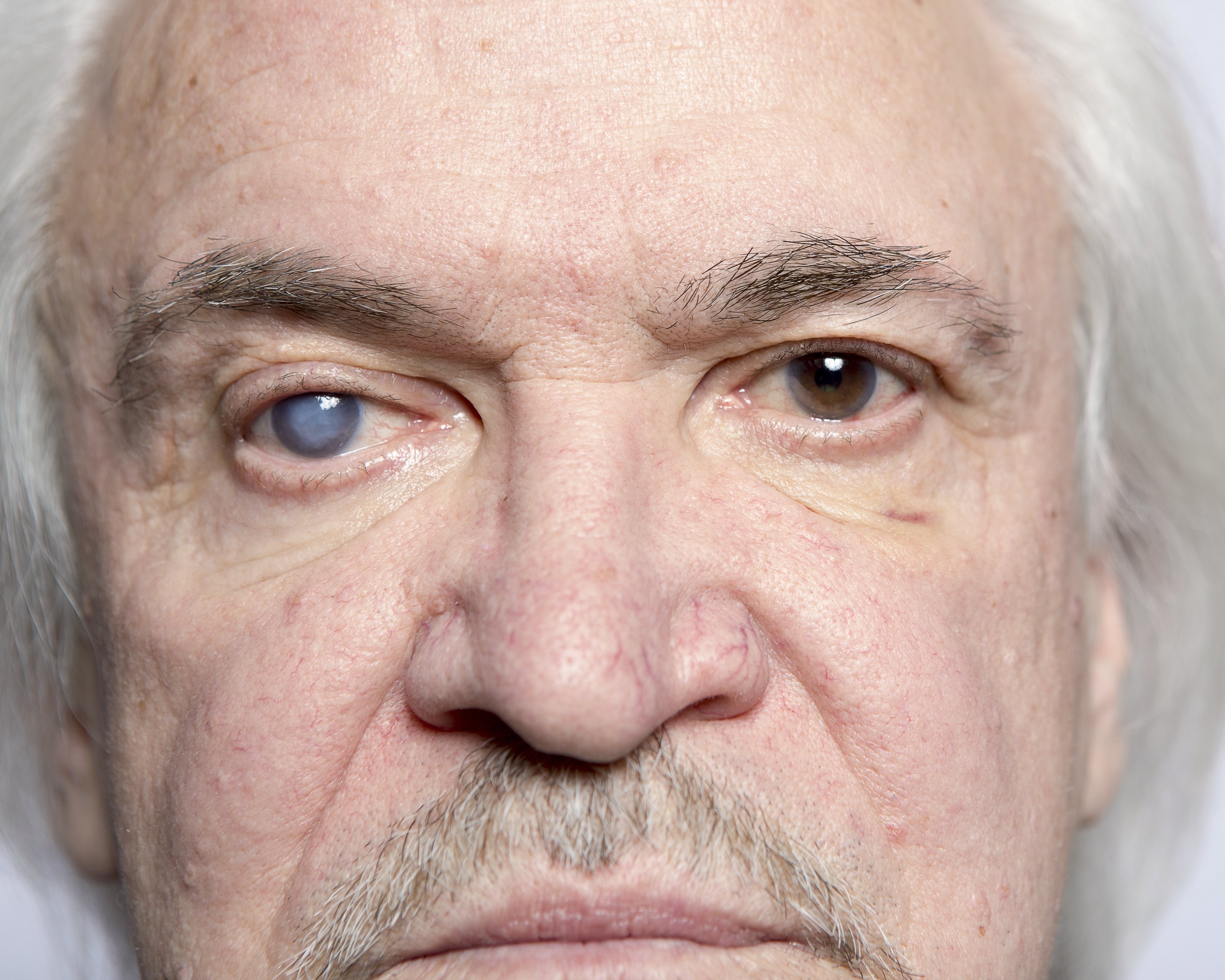Reversing irreversible blindness

Using innovative and creative approaches to prevent vision loss, Professor Keith Martin hopes restore sight and reduce the burden of blinding eye disease around the world
Published 1 May 2019
Glaucoma is the leading cause of irreversible blindness worldwide. By the time we reach the age of 80, around 15 per cent of us will have glaucoma.
By using gene therapy, University of Melbourne ophthalmology professor, Keith Martin, and his team are aiming to encourage the cells that connect the eye to the brain to make new photoreceptors that pick up light, replacing those that have been lost.
“The cells I’m most interested in glaucoma are called retinal ganglion cells and these are the cells that connect the eye to the brain,” says Professor Martin.
“When light hits the eye, photoreceptors pick up that light and they signal through to these retinal ganglion cells that send the messages back to our brain. If we lose that cable that connects the eye to the brain, the picture quality degrades.”
These days, if glaucoma is identified early - it can be effectively treated in most cases. But Professor Martin’s research goes a step further.
“We’re moving beyond the era where all we could do for this chronic degenerative disease was slow things down, and we’re now really talking about restoring function in a realistic way.”
Episode recorded: April 10, 2019
Interviewer: Dr Andi Horvath
Producer, editor, audio engineer: Chris Hatzis
Co-producers: Silvi Vann-Wall and Dr Andi Horvath
Banner: Shutterstock
Subscribe to Eavesdrop on Experts through iTunes.

